Should You Get A Credit Card?
Should You Get A Credit Card?
Personal Finance

Ideapreneur Nepal
Created on :
2023-11-22
Download our app for a smooth experience
Total Views:
26 views

A credit card is a small, rectangular piece of metal or plastic that is provided by a bank or other financial services provider. Cardholders can use their credit cards to borrow money to pay for products and services from businesses that accept credit cards. Credit cardholders are required to repay the borrowed funds in full by the billing date or over time, together with any relevant interest and any other costs that were agreed upon.
If contrasting credit cards to other consumer loans, credit cards usually have a higher annual percentage rate (APR). Unless any unpaid balances have been carried forward from the previous month in which case there is no grace period allowed for new purchases interest charges on any outstanding balances charged to the card are normally assessed around one month after a purchase is made.
In the context of credit cards, a grace period is a set amount of time during which you can use your card to make purchases and avoid paying interest if you pay off the balance in full before the due date. In essence, it lets you borrow money for a brief length of time without paying interest. Credit card companies are required by law to provide a grace period of at least 21 days prior to the accrual of interest on transactions. Because of this, it's wise to settle bills before the grace period ends whenever it is feasible.
How Does the Credit Card System Work?
Issuing and Approval: A financial institution, such a bank or credit card firm, evaluates your creditworthiness when you apply for a credit card. They consider things including your income, debt, and credit history. They determine your credit limit and whether to approve your application based on this evaluation.
Credit Limit: The maximum money you are able to borrow or use on your credit card is known as your credit limit. It is basically a credit limit that the card issuer has established.
Making Purchases: Using a credit card works in the same way as using cash or a debit card to make purchases. When you make a purchase, you incur debt since the card issuer pays the retailer on your behalf.
Revolving Credit: Credit cards come with revolving credit, but loans have fixed monthly payments. This implies that your credit line is refilled and available for use as soon as the obligation is paid off. If you spend Rs. 5,000 of your Rs. 10,000 credit limit, for instance, you will have $500 left over until you pay it back.
Monthly Statement: Every month, the card issuer sends you a statement that lists all of your transactions along with the total amount you owe. A minimum payment is expected from you by a given date. Interest will be charged on the outstanding balance if you only make the minimum payment.
Interest: The card issuer will charge you interest on the outstanding debt if you don't pay it off in full by the due date. The rate of interest is known as Annual percentage rate (APR).
Costs: A credit card may include a number of costs, including cash advance, yearly, and late payment fees. It's critical to comprehend and be informed about these costs.
Credit Score: Your credit score may be impacted by how you use credit cards, particularly if you pay them off on time. You may be able to get better credit card offers and loans in the future if you have a high credit score.
Reward Programmes: As an added incentive for using the credit card, several reward programmes provide cashback, points, or airline miles. When utilized appropriately, these incentives might offer benefits.
Security: The option to challenge unauthorized transactions and fraud protection are two common security features found on credit cards.
Benefits of a Credit Card
Using a credit card responsibly serves various benefits:
Convenience: Making purchases online and in-store is made easier with credit cards. They may be used anywhere in the globe and do away with the need to carry currency.
Develop Credit: You may create and maintain a good credit history by using credit cards responsibly. This can thus result in an increase in credit score, which is necessary to be eligible for loans, mortgages, and advantageous interest rates.
Emergency Fund: If you don't have cash on hand, credit cards might act as a safety net for your finances in an emergency. They enable you to pay them off gradually and to cover unforeseen costs.
Security: The option to challenge unauthorized transactions and fraud protection are two common security features found on credit cards. You won't be out of pocket while the dispute or fraudulent transaction is being handled.
Budgeting and Expense Tracking: Keeping track of your spending and creating a budget are made simpler by the comprehensive records that credit card statements give. Additionally, a lot of card issuers offer applications and online resources for money management.
Increasing Credit Score: Maintaining a low credit utilization ratio—the amount of credit utilized relative to your overall credit limit—can have a beneficial effect on your credit score when you make regular, on-time credit card payments.
Create Responsible Financial Habits: Using a credit card sensibly promotes budgetary restraint when it comes to purchases and planning. It teaches you how to responsibly handle credit and make on-time payments.
It's crucial to remember that these advantages depend on how responsibly you use your credit card. Irresponsible use can result in high-interest debt and lower your credit score. Examples of this include carrying a large amount, making just the minimal payments, and skipping payments. To completely reap the benefits and minimize the hazards, it's important to study your credit card's terms and conditions, comprehend the fees, and form sound financial habits.
Disadvantages of Holding a Credit Card
While credit cards offer many advantages, they also come with some disadvantages and potential risks:
Costs: A credit card may include a number of costs, such as those for overseas transactions, cash advances, yearly fees, and late payments. These surcharges may raise the price of credit card use.
Overspending: Using credit cards for convenience might result in overspending. When using a credit card, it's simple to go over your spending limit and make impulsive purchases, which might put you in financial difficulty.
High Interest Rates: Credit card interest rates are sometimes high, particularly when there are outstanding amounts. The interest rates on a sum carried over from month to month can rapidly mount up and cause a sizable debt load.
Fraud and Identity Theft: Credit cards are susceptible to fraud and identity theft. Unauthorized charges may arise from the theft of your card information, and you could have to go through a dispute and resolution procedure.
Minimal Payments: Although credit cards allow for minimal payments, doing so might result in a debt cycle. You will pay interest on the loan, which can take a long time to pay off because minimum payments sometimes only cover a tiny percentage of the sum.
Credit Addiction: Some people may develop an addiction to credit cards and utilize them to augment their income, which can result in a debt cycle and unstable finances.
It's critical to utilize credit cards carefully in order to lessen these drawbacks. To prevent interest costs, one is suggested to pay off your whole debt each month, make your payments on time, monitor your spending, and be mindful of the terms and fees associated with your credit card. You can maximize the advantages of credit cards and minimize any possible disadvantages by using them responsibly.
Should You Get a Credit Card?
People who use credit cards sensibly and make use of all the features and advantages they provide stand to gain the most from them. They are especially beneficial for:
Responsible Users: The convenience and security of credit cards can be enjoyed without paying interest by people who pay their credit card balances in whole and on time each month.
Building Credit: Using credit cards responsibly may be a useful strategy for those wishing to start or enhance their credit history and credit score. You may improve your credit by keeping your credit utilization percentage low and making your payments on time.
Emergency Preparedness: Credit cards can serve as a financial safety net in emergencies when you don't have cash on hand. They can help cover unexpected expenses and be paid off over time.
Small company owners: Credit cards offer access to tools for tracking spending and rewards tailored specifically to their industry, as well as the ability to manage business expenses and keep personal and corporate funds separate.
Building Responsible Financial Habits: Managing a credit card can teach discipline in financial planning and expenditure, as it requires timely payments and responsible use.
It's important to remember that credit cards come with potential risks and disadvantages, such as high-interest rates, fees, and the temptation to overspend as explained above. They are not suitable for everyone, and their benefits are maximized only when used responsibly. Before getting a credit card, carefully consider your financial situation and spending habits to determine if it's the right choice for you. If you decide to get a credit card, it's crucial to educate yourself on its terms and fees and to manage your credit card wisely.
Tags:
Smart Spending
Credit Responsibility
Smart Spending
Credit Responsibility
Leave a comment on this post
Comments
Manish Bhatta
Nice one

Related Article
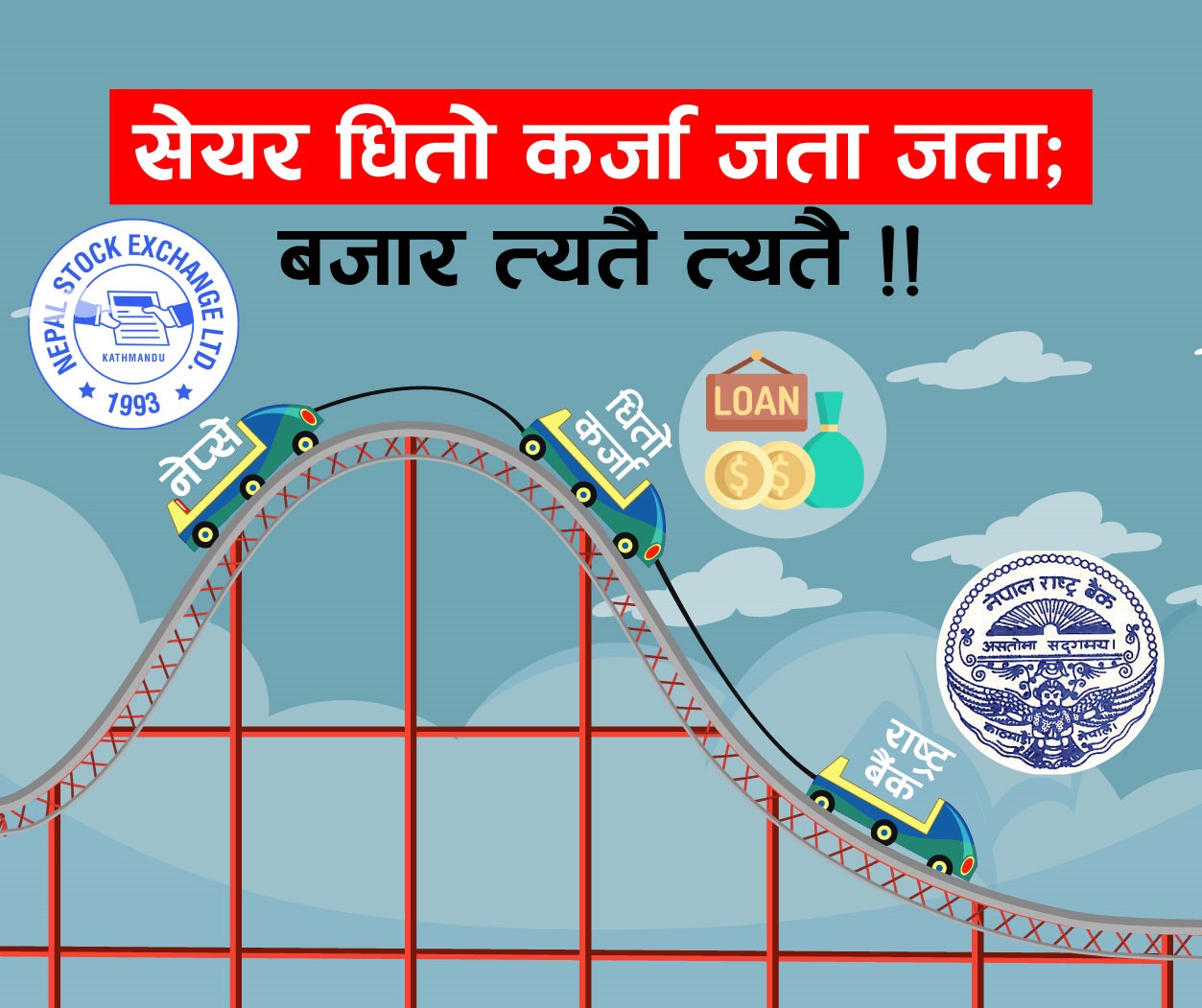
Finance
Reading time : 12 mins
सेयर धितो कर्जा जता जता; बजार त्यतै त्यतै !!
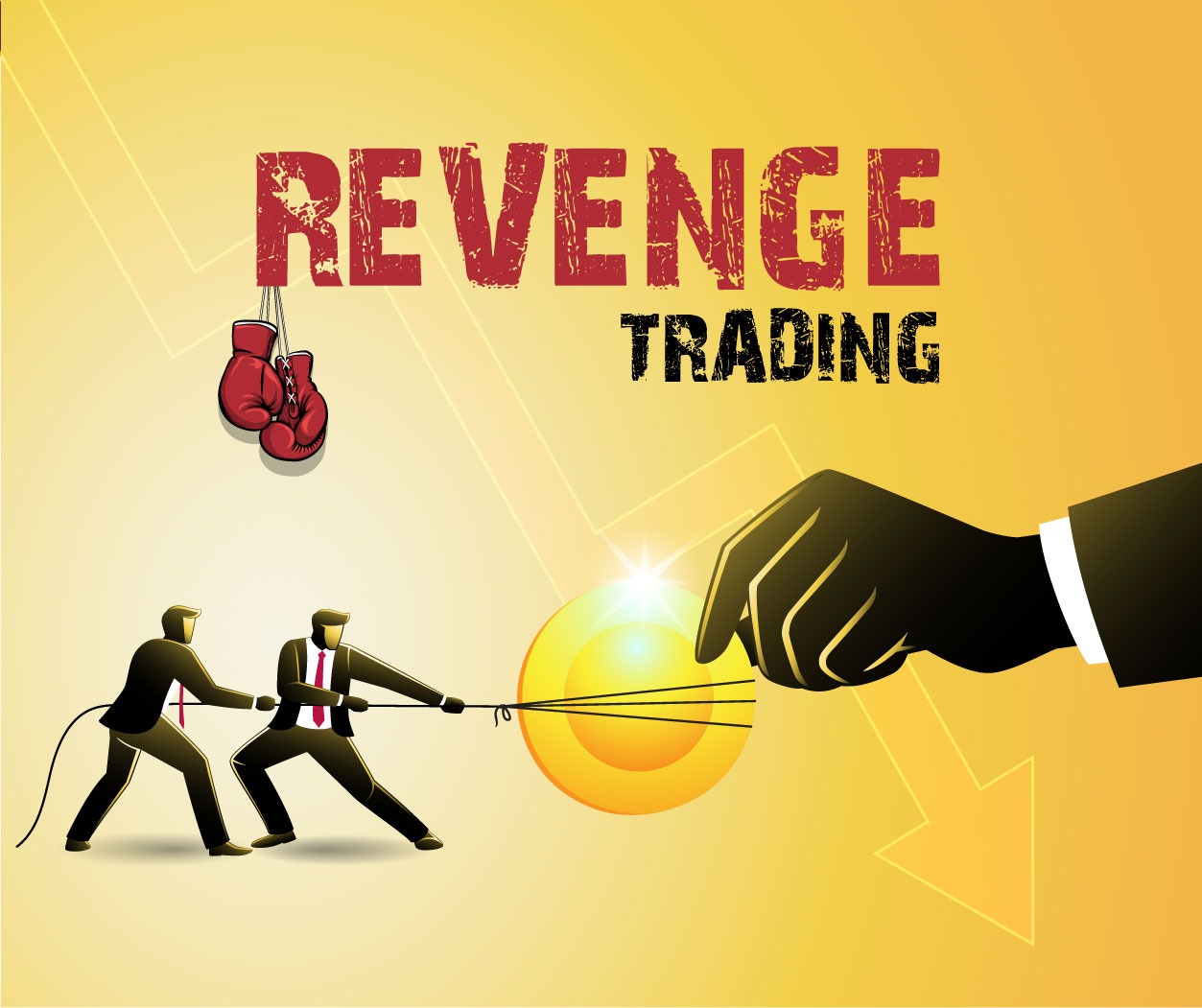
Finance
Reading time : 7 mins
Are you Revenge Trading? STOP NOW !!!

Finance
Reading time : 5 mins
Desperation Leads to Destruction: Here’s How ?
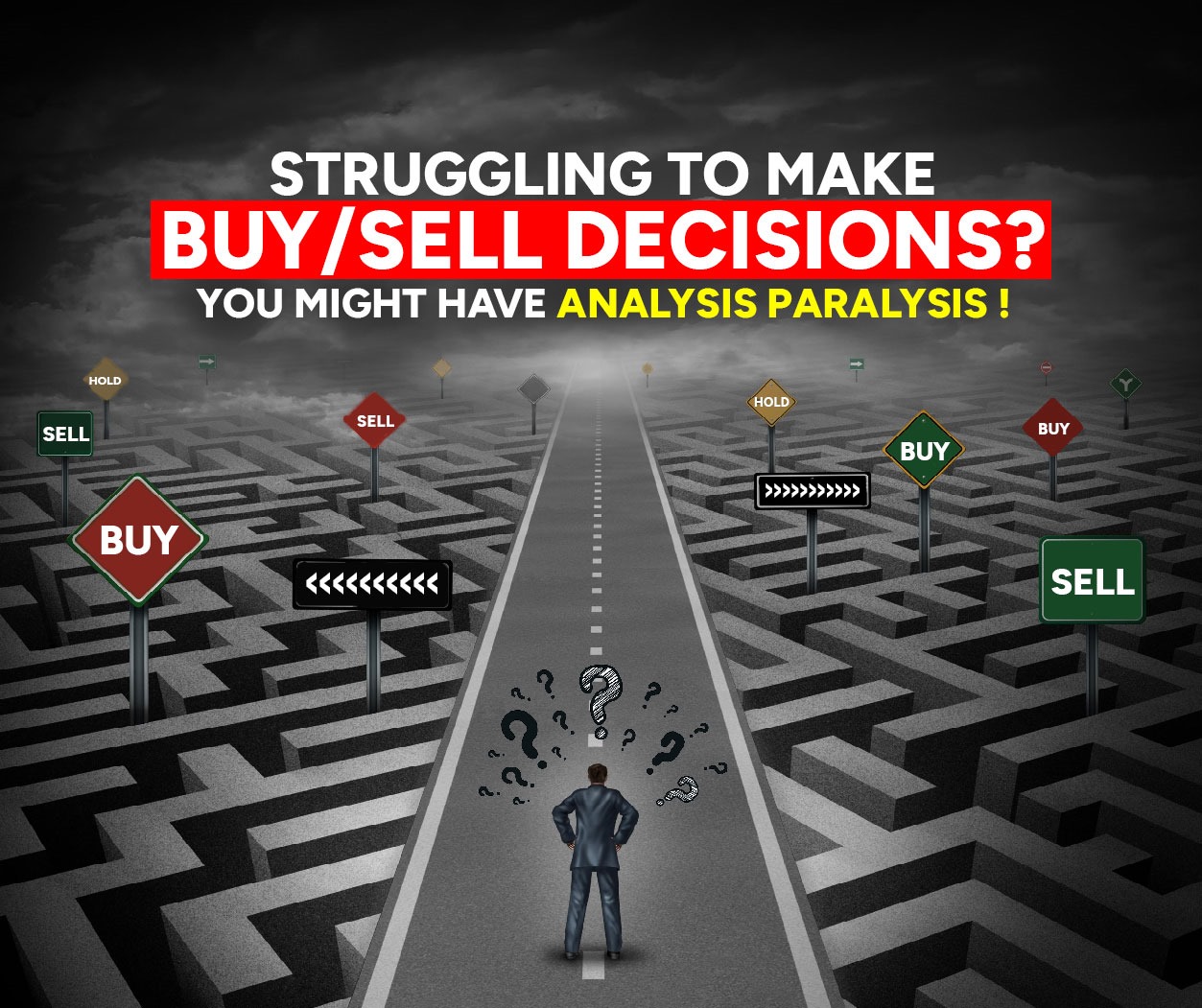
Finance
Reading time : 8 mins
Struggling to make Buy/Sell Decisions? You might have Analysis Paralysis !!!

Finance
Reading time : 15 mins
बाहिरियो ‘आजियाटा’ : लगानीको वातावरण खराब कि नियत ?
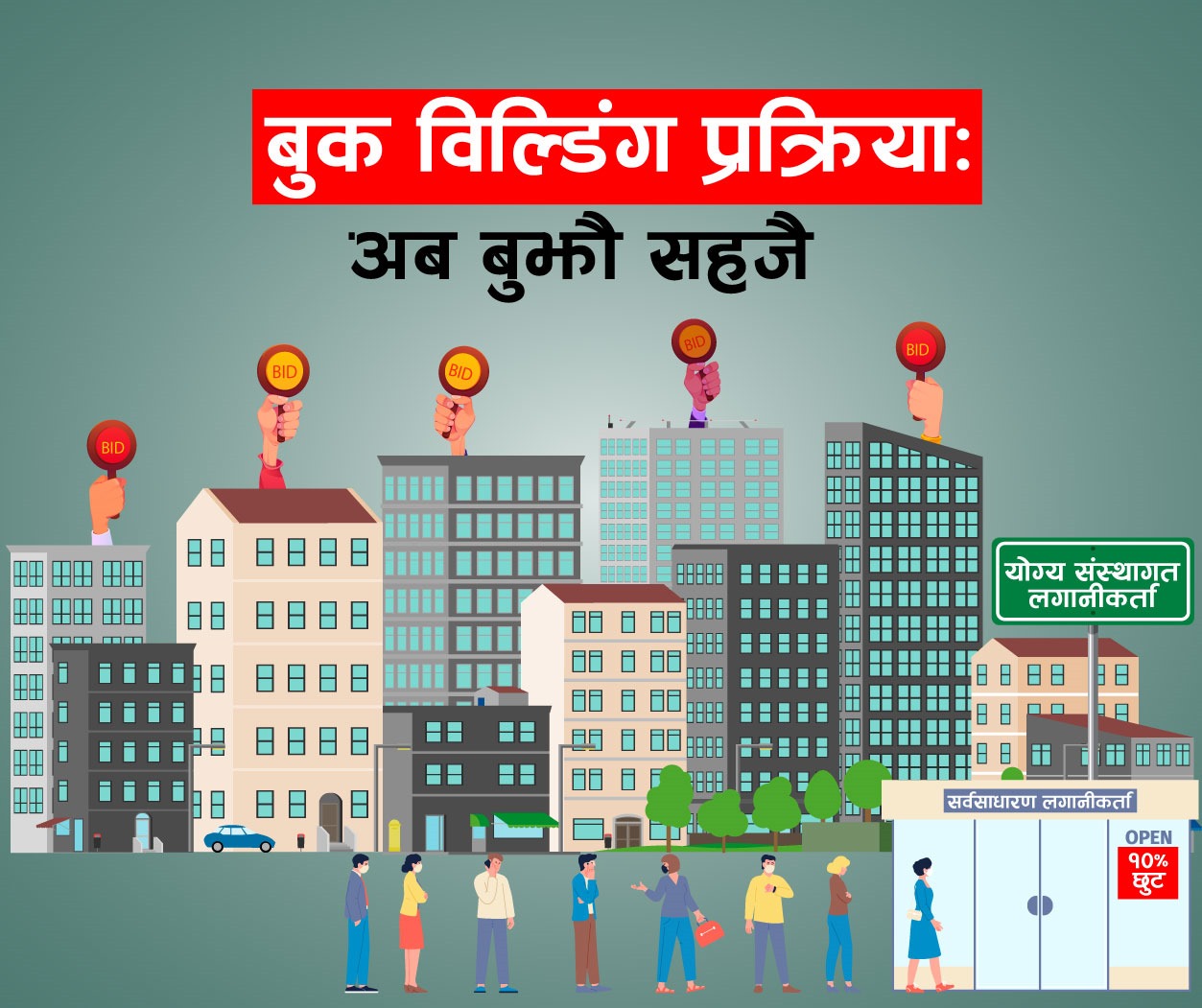
Finance
Reading time : 7 mins
बुक विल्डिंग प्रक्रिया : अब बुझौ सहजै
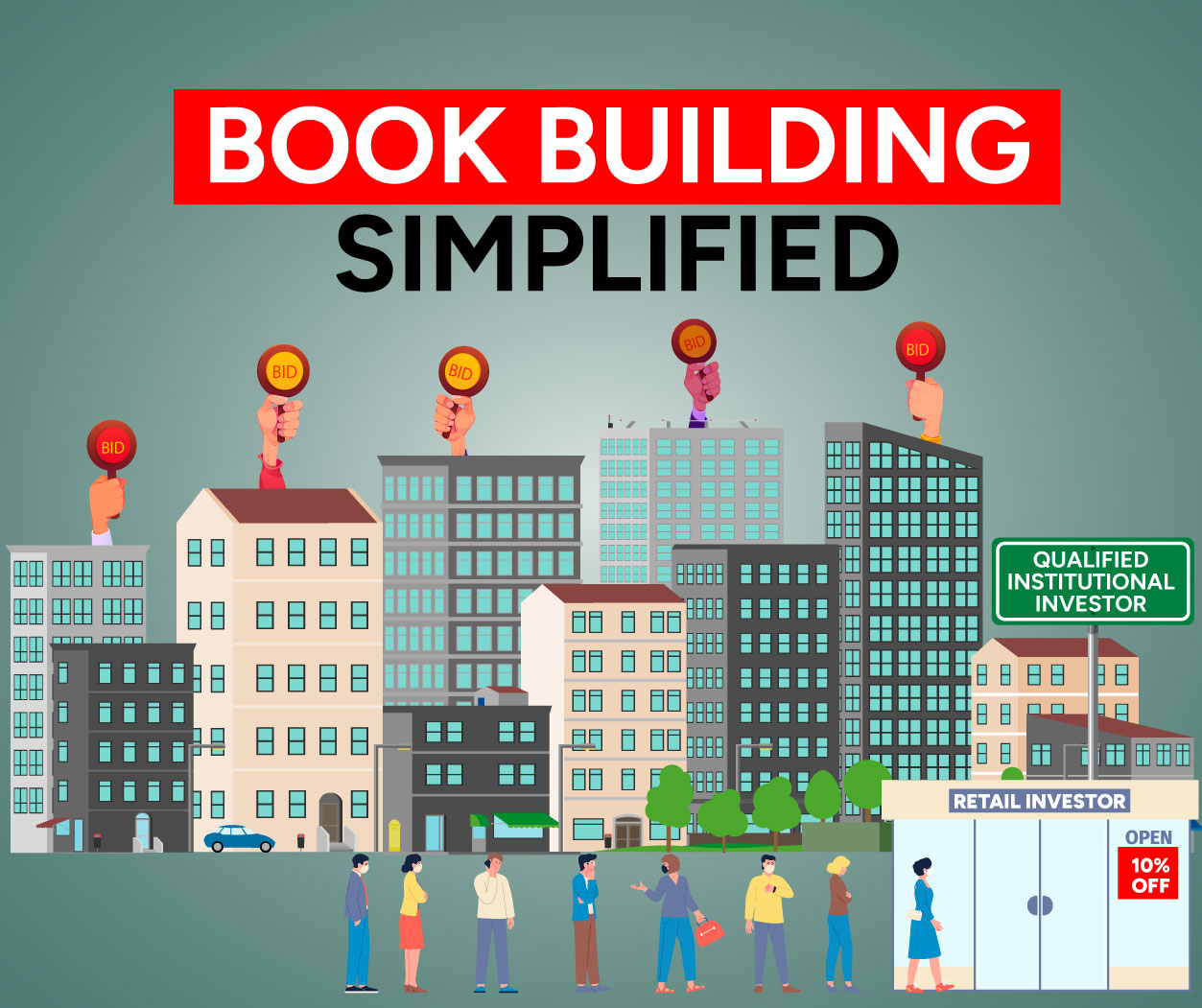
Finance
Reading time : 9 mins
A Simplified Guide to Book Building Method
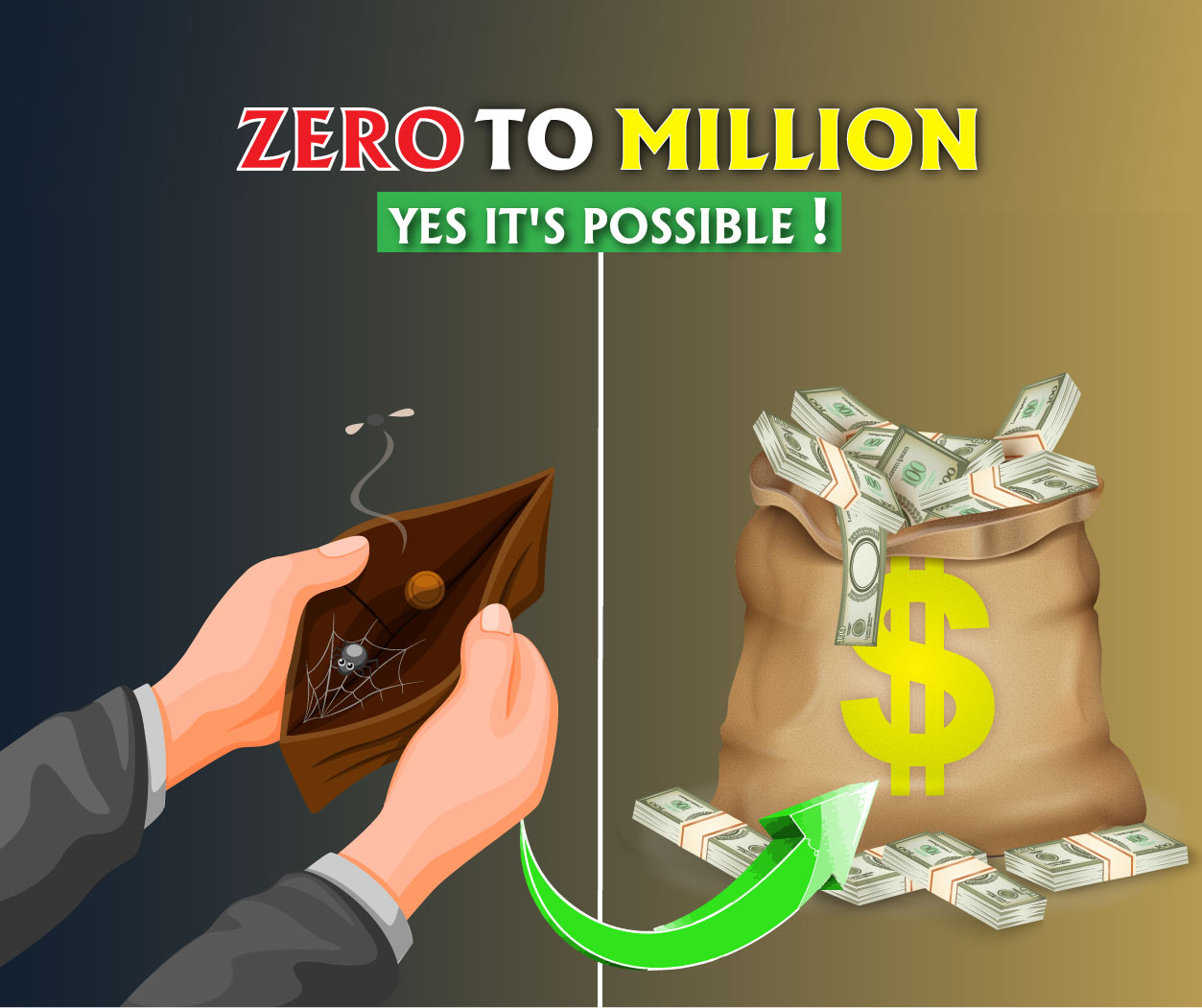
Finance
Reading time : 7 mins
Zero to Million - Yes it's Possible !

Finance
Reading time : 17 mins
नेप्से: अनि उकाली - ओराली

